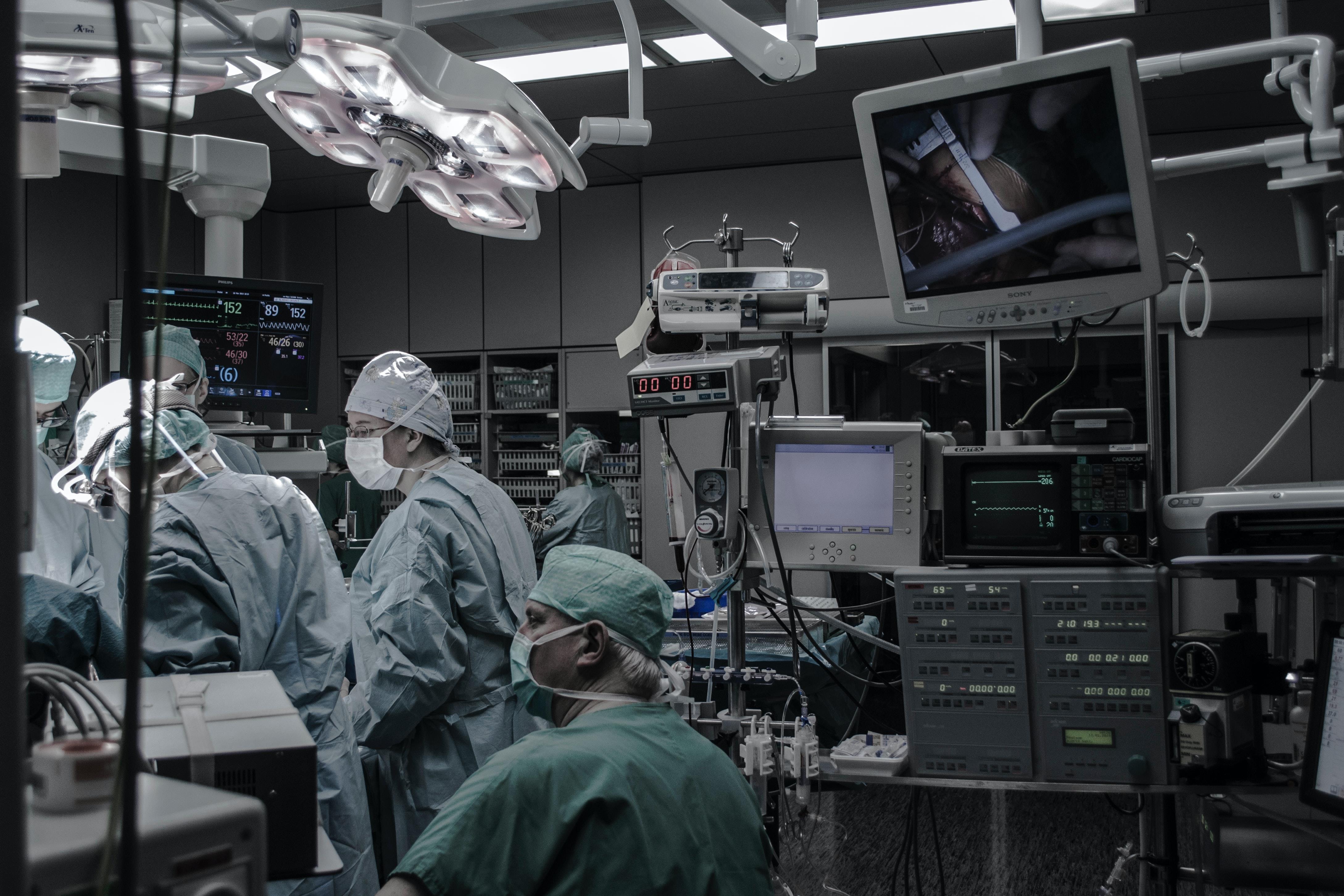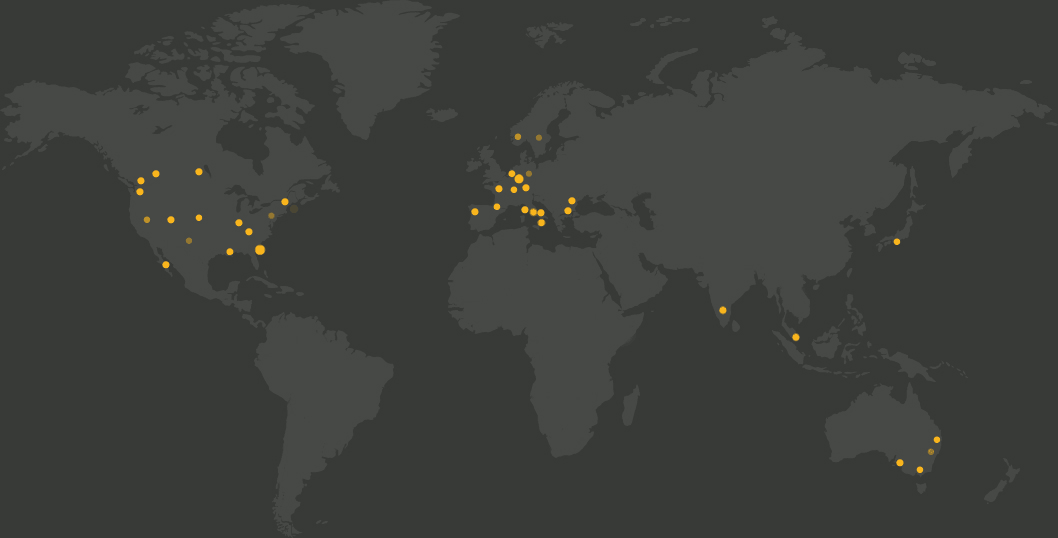The new technologies saving lives and improving well-being
Posted 05 November 2021As an innovator within technology for healthcare Modis works closely with its clients on all elements of the product development process. Here we take a look at the history of smart technology in healthcare and the potential developments for the future.
Smart technology in healthcare is not a new phenomenon. For example, you might think of robotics in hospitals as a modern, or even futuristic development, but it has actually been used for decades.

The earliest application of robot-assisted surgery was in 1985. The PUMA 560 inserted a needle into a patient’s brain prior to a biopsy – a task that requires acute accuracy and that even accomplished neurosurgeons struggle with.
Since then, the presence of robots in surgery has expanded as technology has developed. For the most part, they’re used when great dexterity and nimbleness are required – surgeries on the heart, spine, gastrointestinal system, for instance. Surgical robotics is now progressing onto more complex and autonomous tasks. Although not ready for general use, the Smart Tissue Automation Robot (STAR) can cut and sew tissue more accurately than expert surgeons, with minimal oversight.
Smart hardware has become more widely used in the last decade. Cameras with edge analytics, wearable IoT devices and a range of other sensors can remotely detect falls, seizures, and changes in patients’ vital signs. They can also collect and analyze data to uncover more about the condition of individual patients and to support research into healthcare and treatment more generally. Use of this data, though, raises issues of patient confidentiality and medical ethics, something that is even more pertinent with advanced technologies involving AI and machine learning.
The potential benefits of AI in healthcare are vast. Machine learning - a branch of artificial intelligence where software becomes more accurate over time - has, for example, been used to identify the early onset of severe health issues, including spotting signs of dementia in brain MRIs, and breast and lung cancers in x-rays. Research has shown AIs discovering abnormalities undetectable to trained experts.
A 2020 peer-reviewed study demonstrated a machine learning application outperforming the majority of clinicians in differential diagnosis – that is, diagnosing an illness from the patient’s symptoms and medical history, then distinguishing it from similar conditions. This is a milestone: machine learning has gone beyond performing discreet tasks to doing something far broader and multi-faceted.
The next progression is likely to involve precision medicine. Precision medicine is about designing personalized evaluation and treatment based on a deeper level of analysis, such as genetic or molecular diagnostics. It’s a model that promises a holistic and ultimately more effective approach to healthcare, rooted in prevention and accurate intervention. AI can potentially deliver the computational power needed to handle the vast amount of data involved.
For a global pharmaceutical company, Modis is for example involved in the Hematology Outcomes Network in Europe (HONEUR). HONEUR is an interdisciplinary initiative aimed at improving patient outcomes by analyzing real world data across European hematological centers. Its overarching goal is to create a secure network which facilitates the development of a collaborative research community and allows access to big data tools for analysis of the data.
Read more at Modis.com about our Technologies and smart solutions to enable a smart and more sustainable future.
